2019-02-08
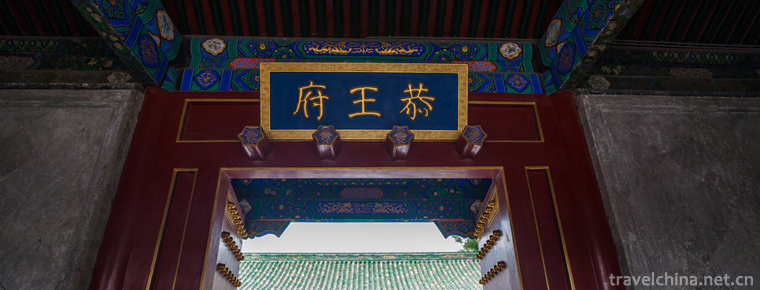
- By ChinaWiki.net
- Chinese Edition
- 2018-10-12
The Prince Gong's Mansion, located in Liuyin Street, Xicheng District, Beijing, is a national key cultural relic protection unit. It was the largest royal palace in the Qing Dynasty. It has been used as the residence of Heyou and Yongli successively. In 1851, Wang Yixin became the owner of the house, and the name of Gong Wang house was derived from it. Gong Wangfu is a large-scale mansion with an area of about 60,000 square meters. It is divided into two parts: mansion and garden. It has more than 30 different architectural communities. The layout is exquisite and magnificent.
Gong Wangfu has gone through the historical process of the Qing Dynasty from its heyday to its downfall, carrying a wealth of historical and cultural information, so there is a saying of "a Gong Wangfu, half of the history of Qing Dynasty". With the concern of Zhou Enlai, Gu Mu and Li Lanqing, the renovation of the Imperial Palace was completed in 28 years, making it the only Qing Dynasty palace open to the public.
After the collapse of the Qing Dynasty, the property rights of the residence belonged to Furen University. In the early 1980s, the imperial palace of Gong had become a complex inhabited by hundreds of households separated by eight units, with more than 200 households. To restore Gong Wang Fu, the primary task is to relocate. In 1988, the Garden of King Gong's Mansion was opened to the public. In 2008, after the restoration of the mansion was completed, the Garden of King Gong's Mansion was fully opened to the public.
Gong Wangfu is located in the Shichahai area of Beijing's geomantic omen, covering an area of more than 60,000 square meters. The "99-and-a-half" rear hoop blocks the waist and divides it into mansions and gardens. The mansions are magnificent and the gardens are beautiful and flourishing. In the front and back seas of the Royal Palace and the Baylor palace, the Royal Palace is called "the best landscape in the city" because of its richness, and it is even more famous for its comparability to the Palace Museum mansion.
The palace of Gong Wang was first built in the Qianlong period of the Qing Dynasty. In the early years of Tongzhi, Yixin, Prince of the third generation, as well as the chief minister of government and military aircraft, was the master of the palace, and renovated part of the palace. The size and structure of the Gong Wang mansion that we saw was finally formed at that time.
The first half of King Gong's mansion is a magnificent mansion, and the second half is a secluded and beautiful classical garden, covering an area of nearly 60,000 square meters. The mansion was solemn and solemn, with simple architecture, ridge-opening corridors, and magnificent air, second only to the palace where the emperor lived. The Chaijin Garden behind the mansion is surrounded by mountains and rivers with towering ancient trees, curved galleries, pavilions and pavilions, and is a model of Chinese garden architecture.
According to the existing literature, this is surrounded by "Panlong water" on the West Bank of the capital city of Qianhai.
On the geomancy treasure ground, Yuan and Ming Dynasties once had a large-scale temple, fragrant fire, visitors such as weaving, even the emperor also came here to worship Buddha incense. About the middle of the sixteenth century, the monastery was gradually abandoned and reduced to a supply factory of the Ming Dynasty; after the Qing Dynasty came to Beijing, courtyards of different sizes were built here for the residence of ordinary banners such as the House of Internal Affairs.
Forty years before and after Qianlong, he was red and purple in front of the emperor. He met this place, which was surrounded by the water, adjacent to the West Mountain, and not far from the "Emperor's home", so he bought many houses here at a high price and built it into a famous "He".
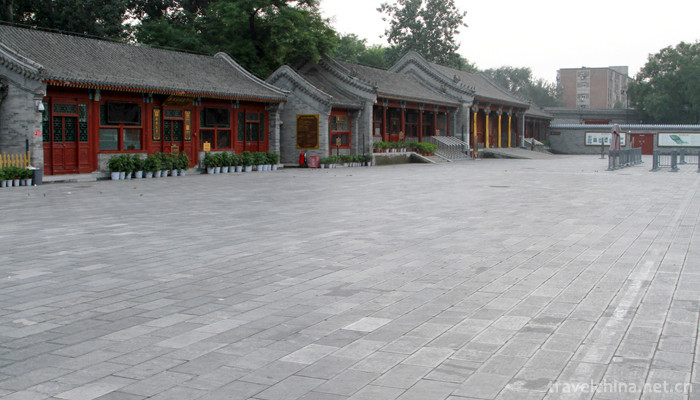
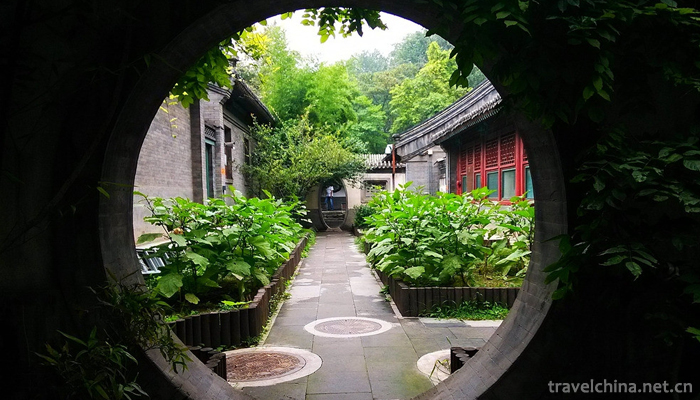
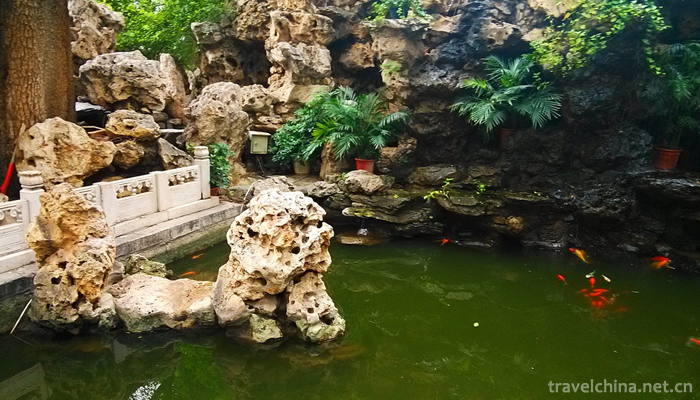
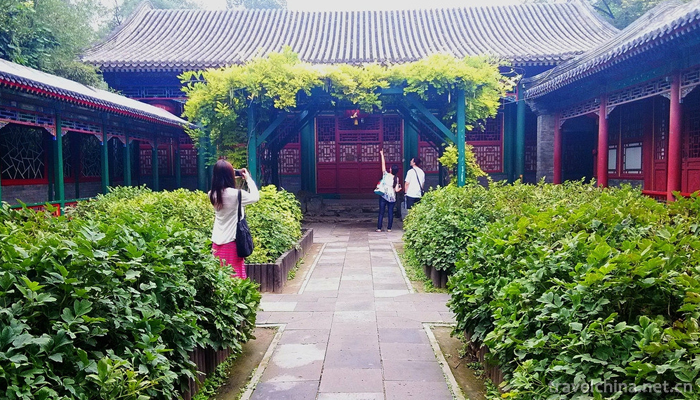
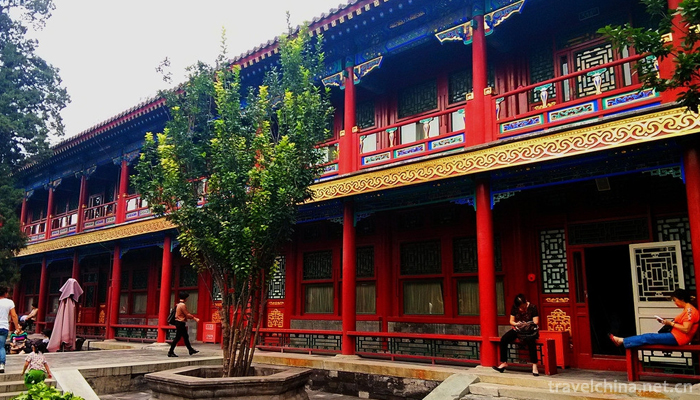
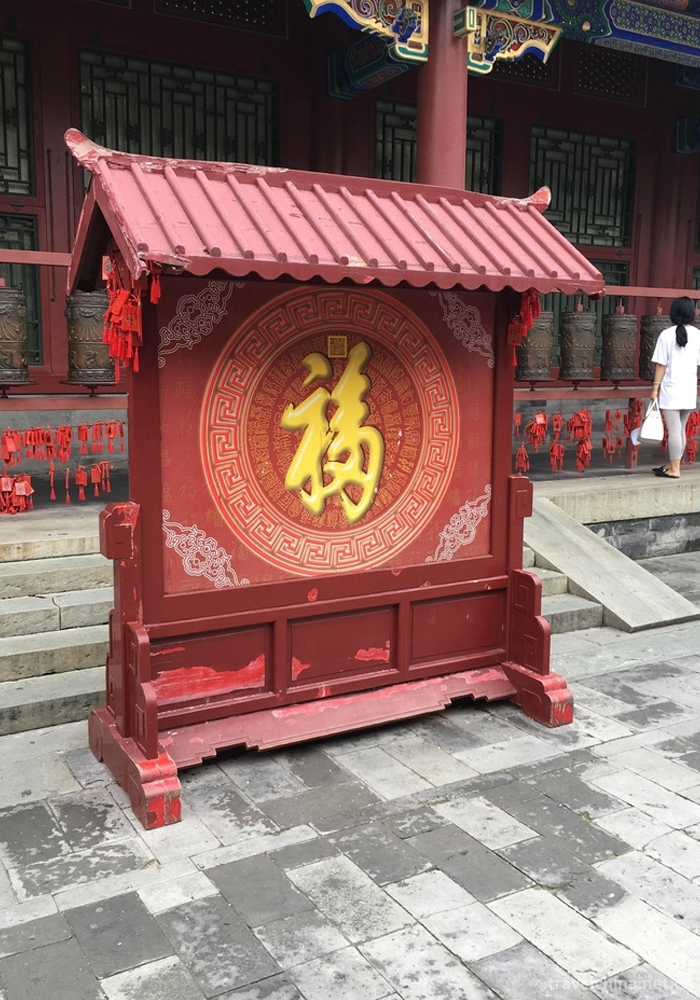
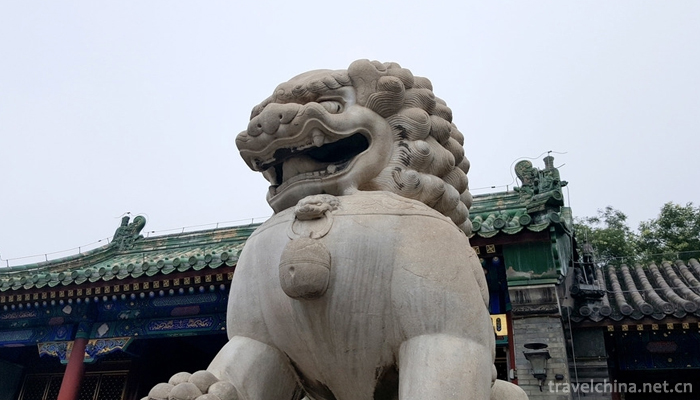
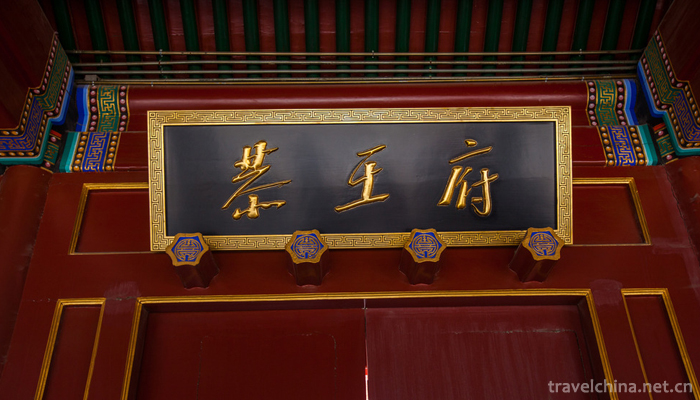
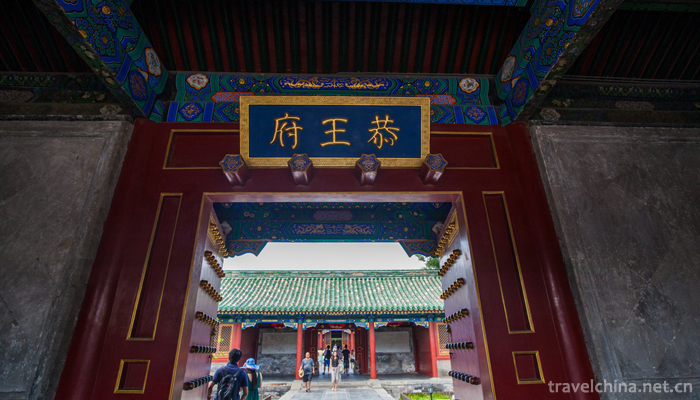
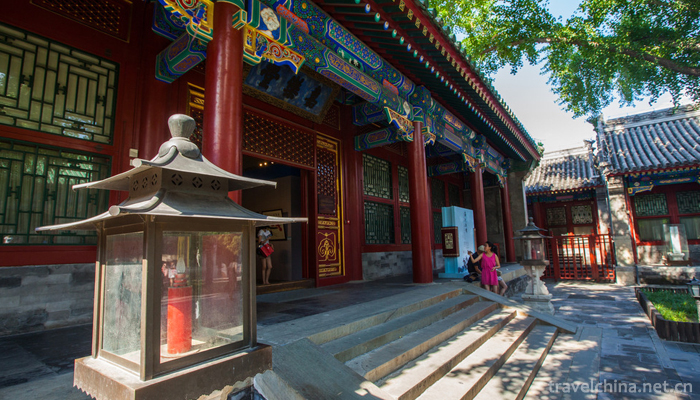
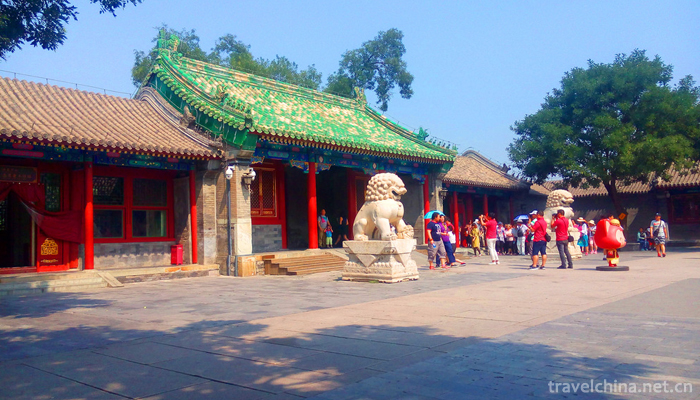
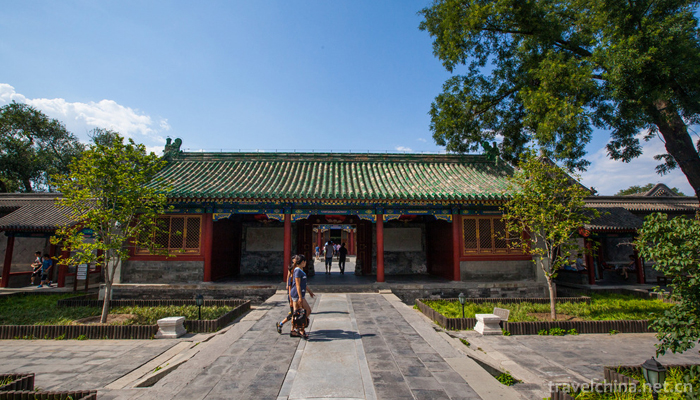
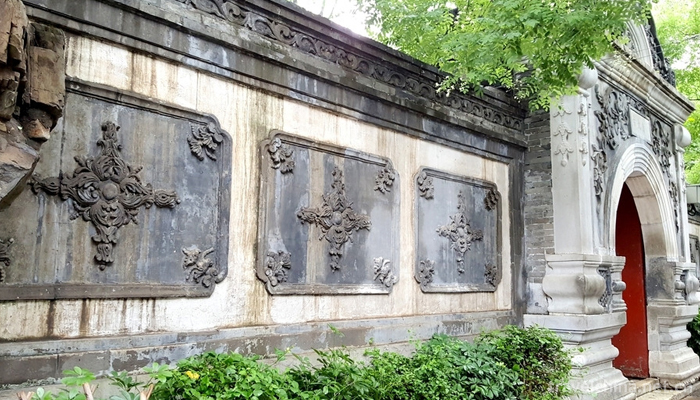
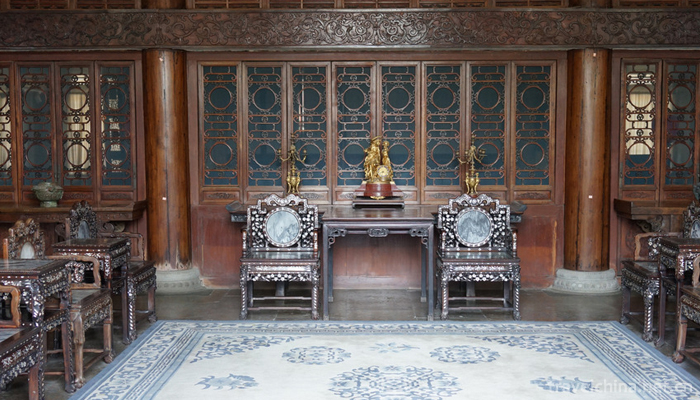
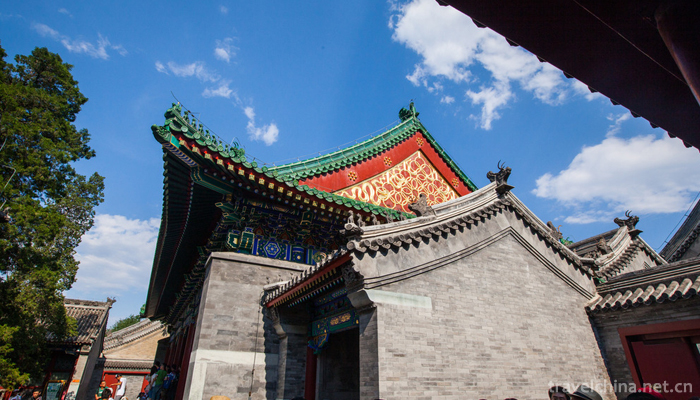
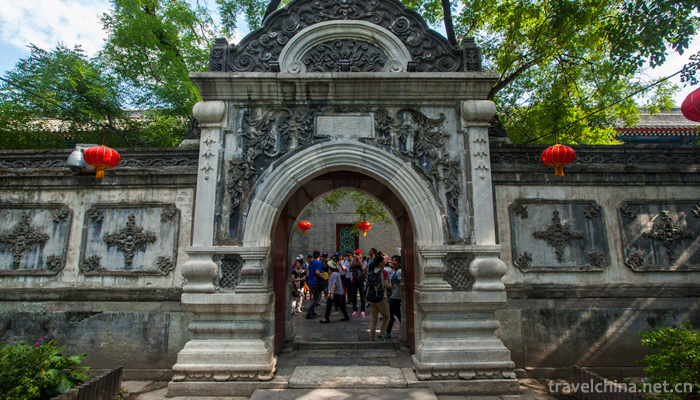
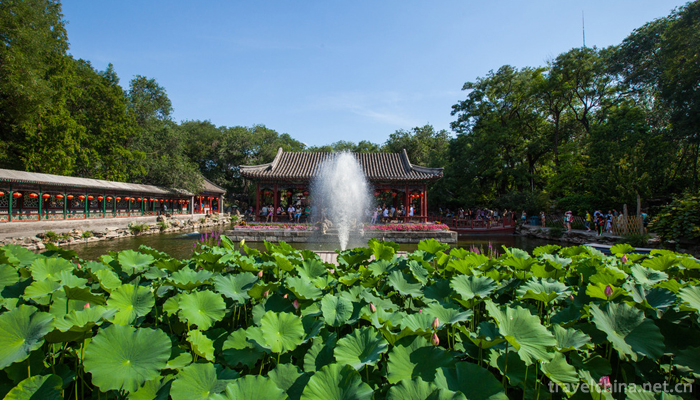
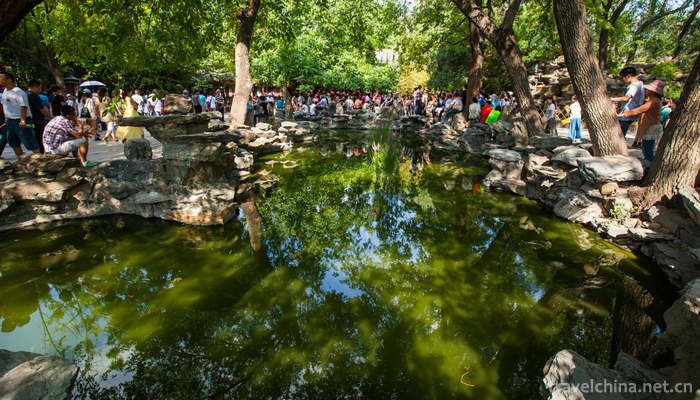
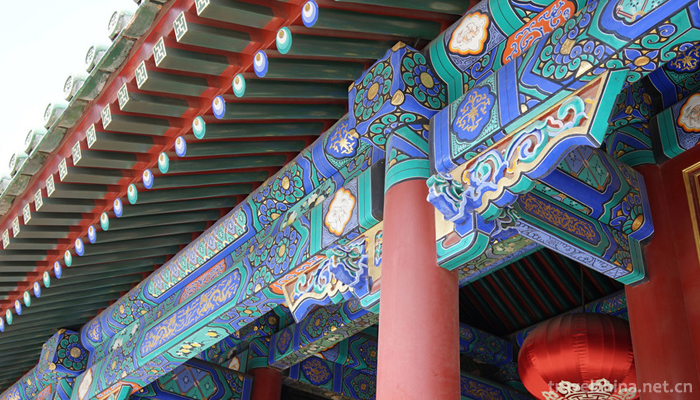
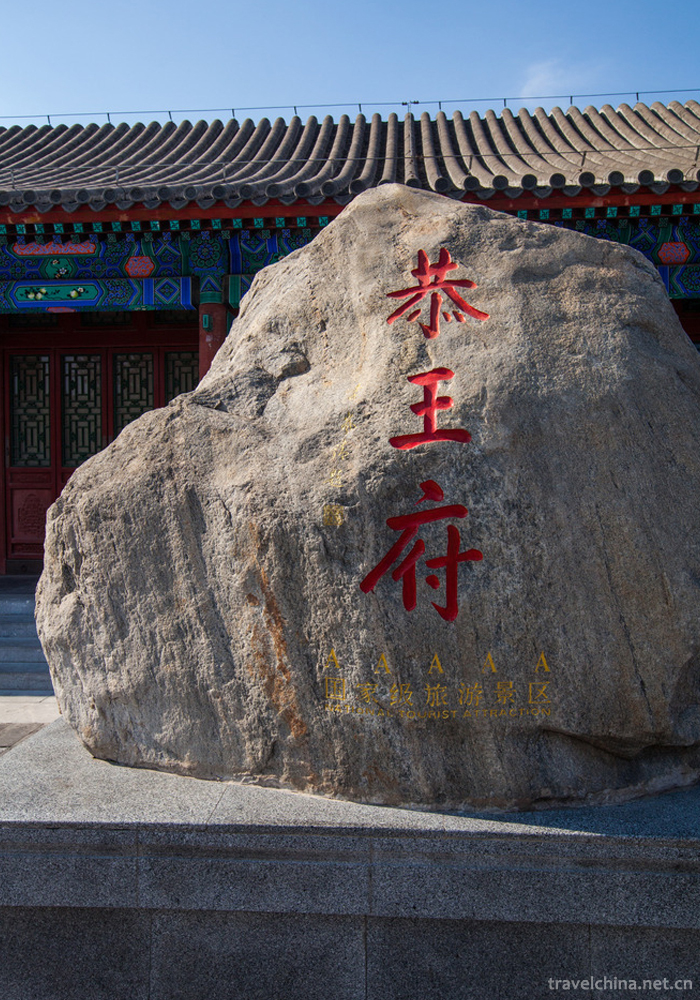
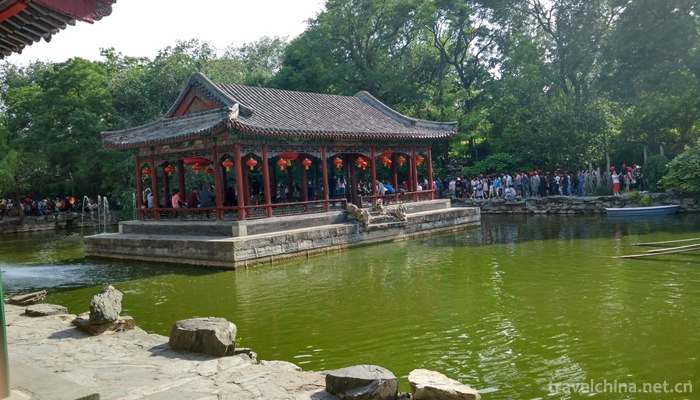
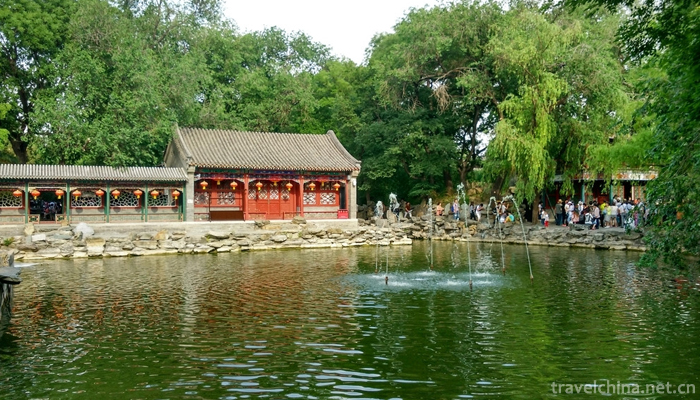
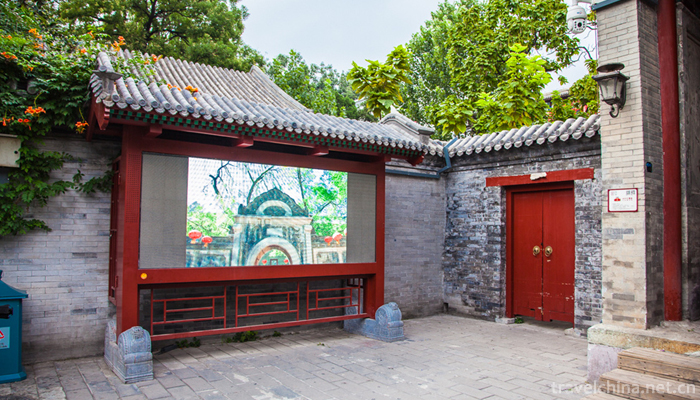
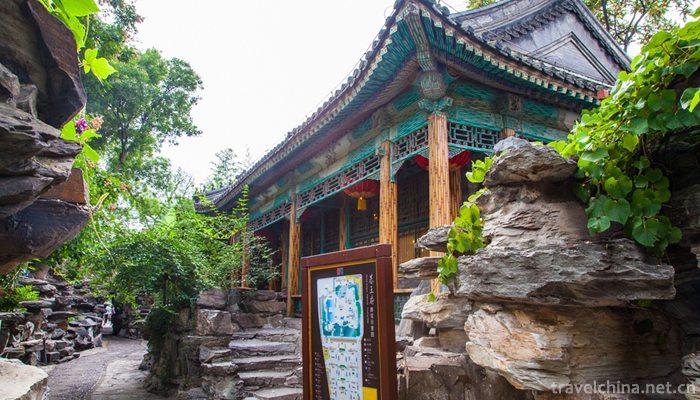
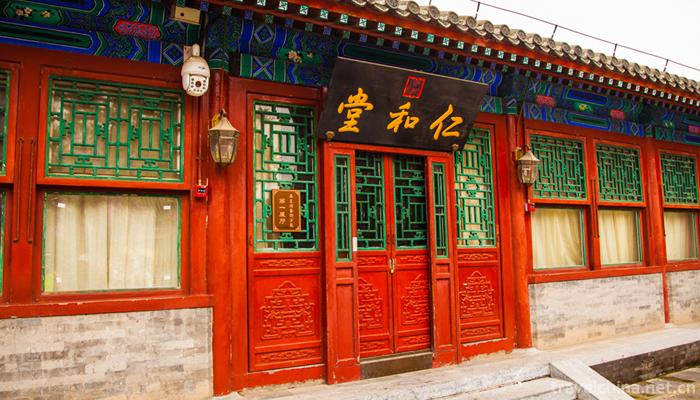
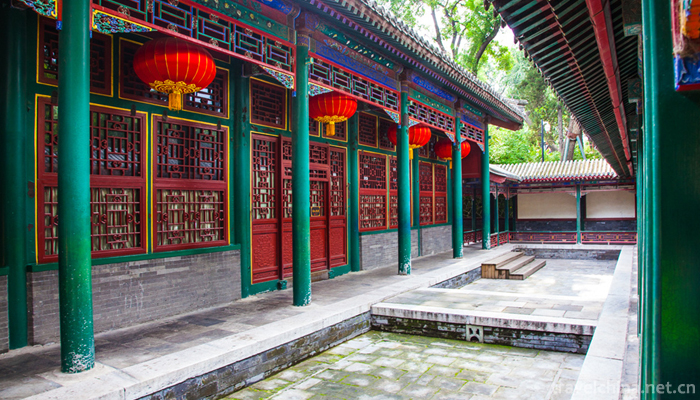

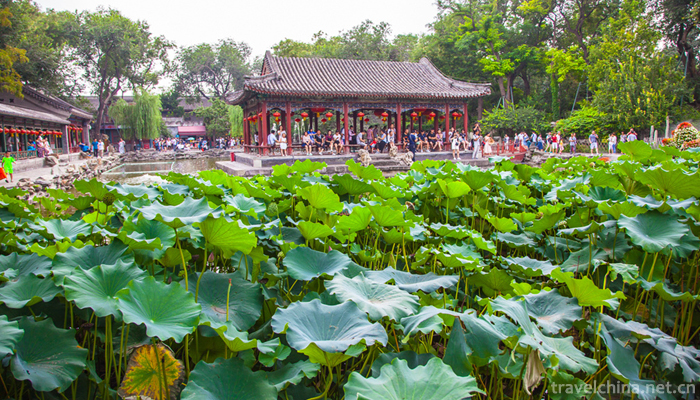
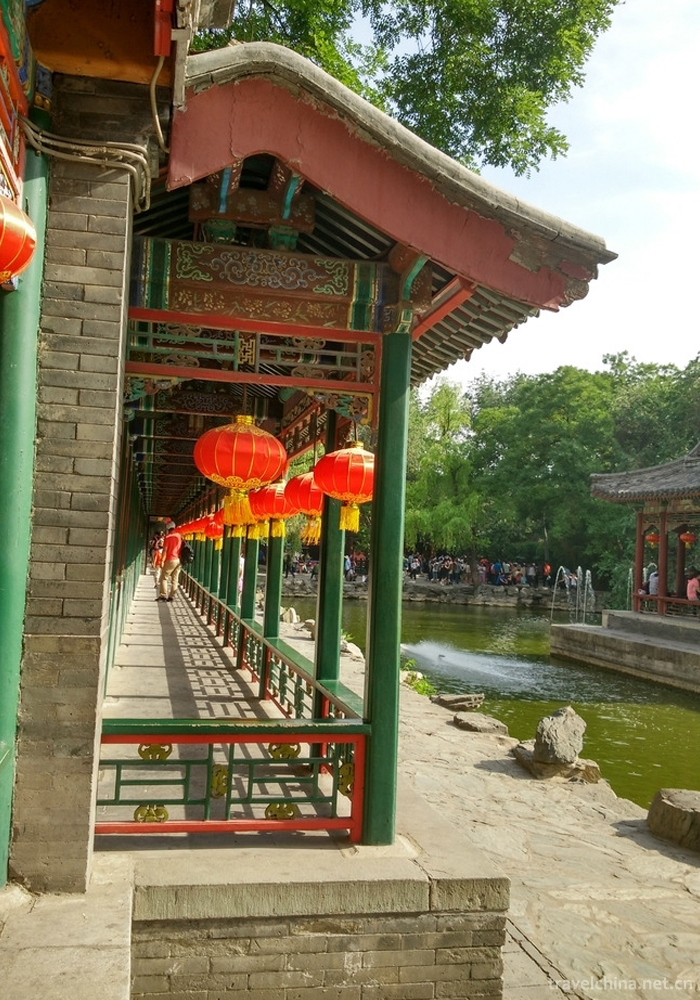
Ask a Question
Your email address will not be published.
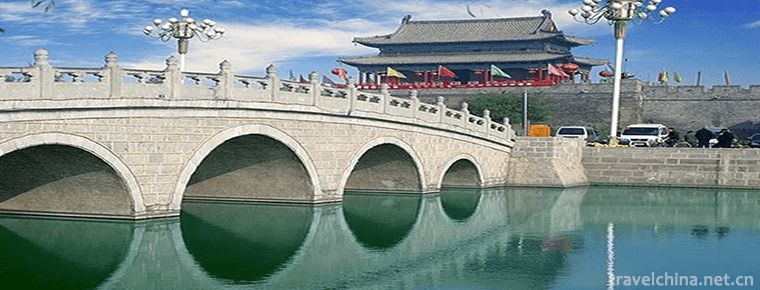


0 Questions